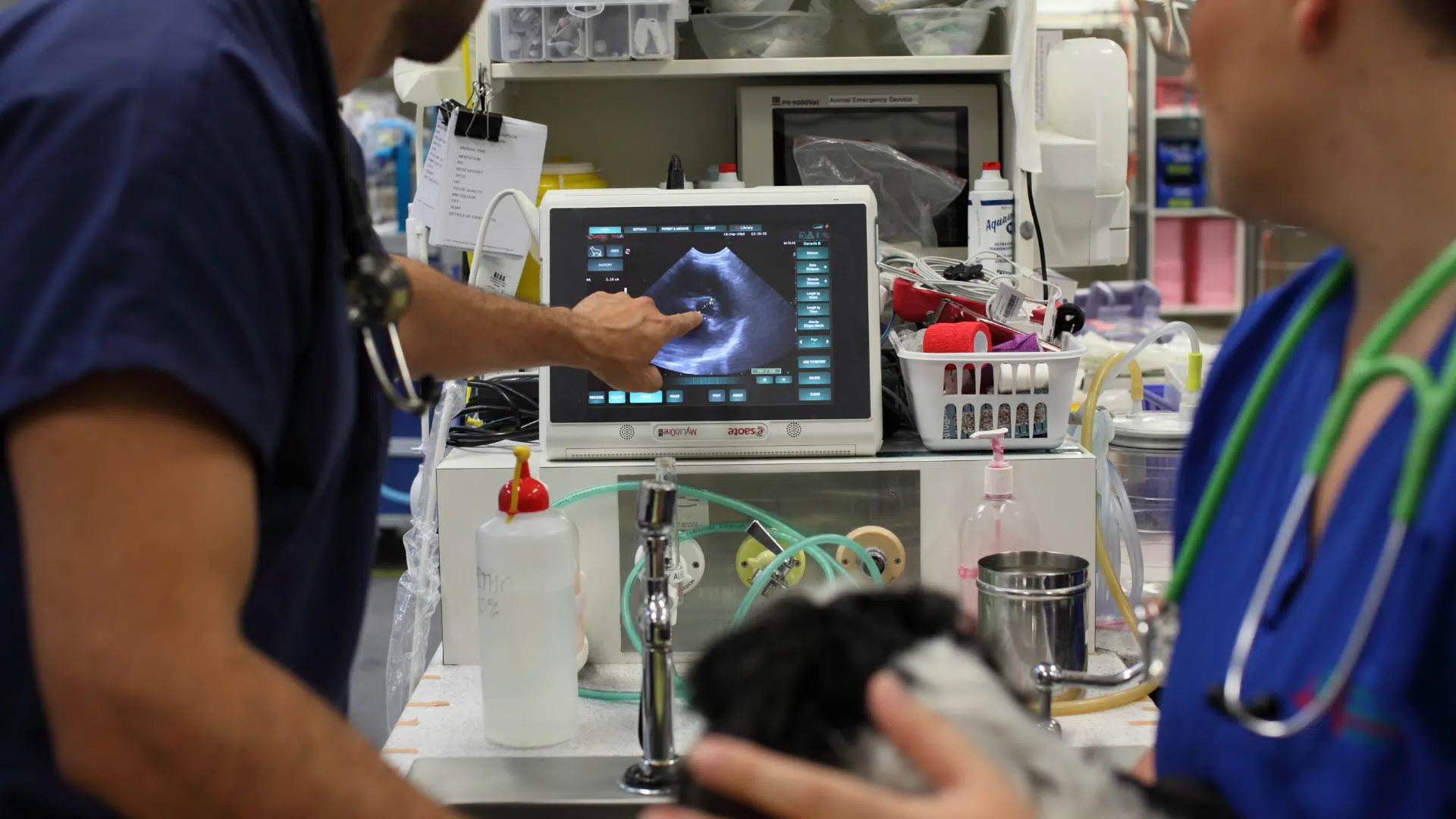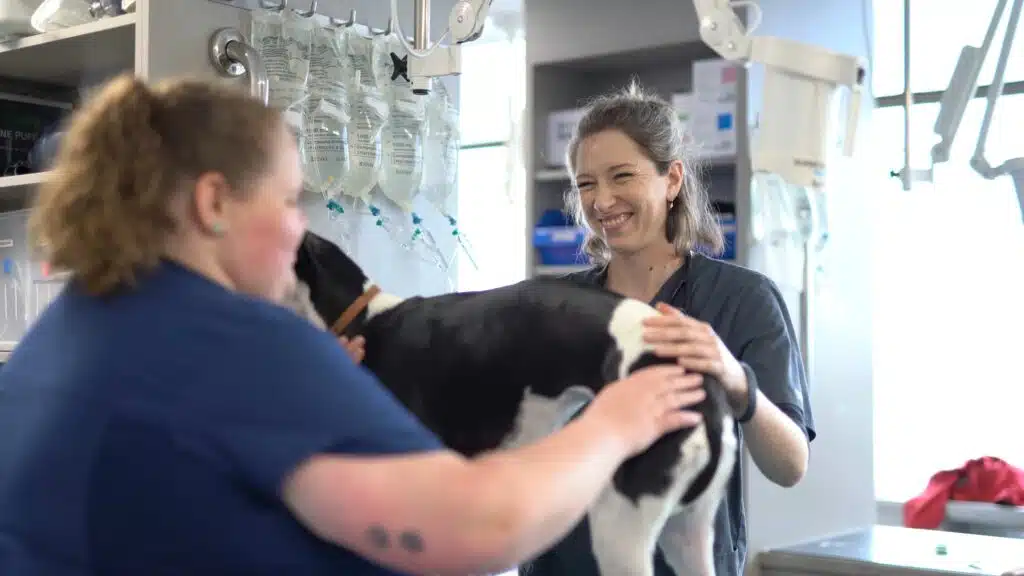Changing careers can be a daunting prospect. But what about switching from veterinary GP to emergency? What are the general skills required before coming across, and what pathways are available if those skillsets are not already acquired? In this blog post, we will discuss the different options for changing vet careers in order to help you make an informed decision about whether or not it is right for you!
Differences between GP and emergency vets
Emergency vets have the ability to see patients at any time of day or night which can help vets work around their own personal schedules. Whereas vet GPs typically have a set schedule – while some might go on call rotation, they’re unlikely to take calls from out of hours practices when emergencies happen during non-traditional hours. Emergency vet work can be more exciting and intense than general practice. Emergency vets have to be able to spend shorter periods of time with patients, without the luxury of being able to look at them for a longer period like GPs do.
GP’s are more likely to see their patients periodically for visits and develop a long-term relationship with them over the pets lifetime, for things like nutrition, immunisation schedules, grooming and behaviour. These visits are often booked in with the pet owner in advance and a vet might see between 10 – 15 patients per day.
Alternatively emergency vets may see the patient only once or twice in the pet’s lifetime, for urgent medical treatment. They may see a range of emergency presentations such as GDV, snake envenomation, tick paralysis and FLUTD to name a few. In one shift, an emergency vet will take care of anywhere between 15 – 30 patients and recommend life-saving treatment plans.
To find out more about the differences between GP and emergency vets, we’ve included Dr Gerardo Poli’s webinar on The 7 Differences Between GP and Emergency. Be sure to tune in and discover how these two fields of veterinary practice vary and decide which is most suited to your own strengths!
What is the skill set required to be a GP?
GPs are able to spend longer periods of time with patients – and this can help them build a strong relationship with each patient in order to provide informed care advice for future visits. GP vet skill set requirements depend on what type of vet you want to become; general practice vet or specialist (e.g., large animal vet).
What is the skill set required to be an emergency vet?
The skills required for emergency vet work can differ depending on which type of vet you want to become. The most intensive and stressful jobs in the profession are vet emergencies with critically injured or sick animals, where vets need a wide range of clinical and surgical knowledge.
A vet who wants to specialise as an emergency vet will also have experience handling large numbers of patients at once – this is because they might be working in busy clinics that see hundreds of cases each day! While the skill required to become an emergency vet may seem daunting, hospitals have specialised mentoring and coaching programs in place to help vets train to deal with emergency presentations.
Pathways to vet emergency work
There are many vet Emergency courses available to vet GP’s who want to change careers – everything from completing a certificate IV in vet emergency care, to undertaking the vet emergency specialisation course and becoming an ER vet. These courses provide you with all of the skills required for working as an animal healthcare professional in veterinary emergencies: how to deal quickly and calmly with trauma situations; diagnose different injuries or illnesses swiftly; administer appropriate treatments depending on what is needed, and so on.
If you’re considering a switching from veterinary GP to emergency vet work, the information in this blog post should help you make an informed decision about what’s involved. If you prefer working in more demanding conditions where there is a greater chance of promotion, emergency vet care might be the best choice for you.
And if you’re interested in finding out more about switching from veterinary GP to emergency vet care, watch our full Uni to Emergency webinar with Dr Gerardo Poli to find out all about making the switch.





